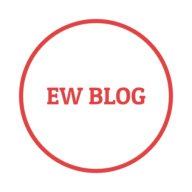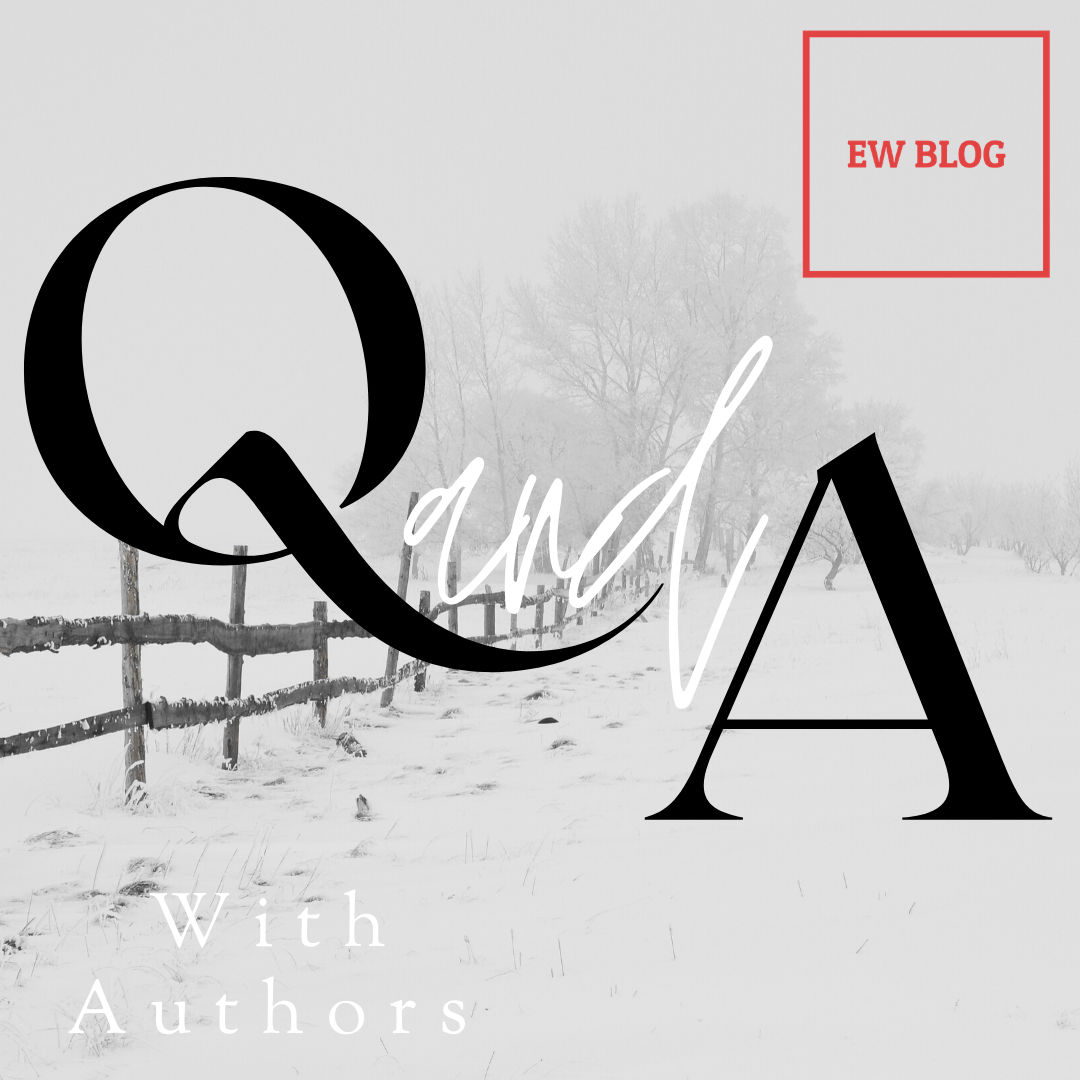
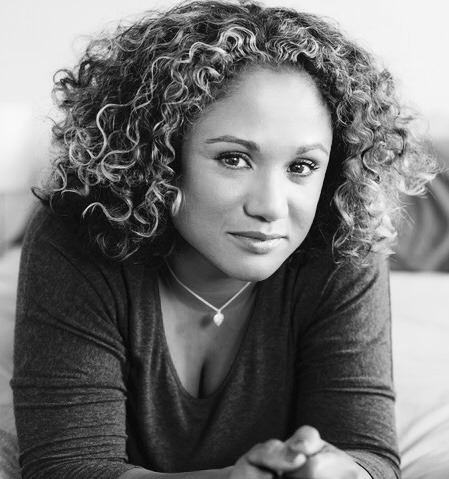
Q&A With Desiree-Anne Martin
Author of We Don’t Talk about It. Ever
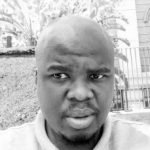
by Ezekiel Kekana
Desiree-Anne Martin is an author, poet, general word junkie and addictions counsellor. Desiree-Anne’s story, Delirium recently won first prize for the Arts24/Kwela Books short stories entry. The Cape Town-born author also released her searing and brutally honest memoir titled, We Don’t Talk About It, Ever, two years back. In this Q&A with EW Blog editor, Desiree-Anne talks about what inspired her winning short story, Delirium, writing We Don’t Talk About It, Ever, and what feminism is to her. Desiree-Anne also has some good advise for drug addicts.
Photo credit: Samantha Squire-How and Jodi Windvogel
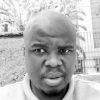
Question: First, congratulations on winning first prize in the Arts24/Kwela Books, are you excited that your work is appreciated across board, even by fellow writers?
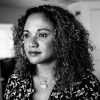
Answer:
Thank you so much. I was thrilled beyond belief to have had my story chosen as the winning entry and when I saw who the luminous, literary judging panel was comprised of, I was even more ecstatic. I met the inimitable Fred Khumalo at the Midlands Literary Festival last year and said to him that one day I would get him to read my work, one way or the other, and it finally came to pass!

Question: Take us through what inspired the short story, Delirium?

Answer:
I work as an addictions and general counsellor in Cape Town and when a State of Natural Disaster was declared, I was frustrated that not enough forethought had been given to the addicted populations of this country and how it would impact them. Alcohol withdrawal and the dangers thereof was forefront of my mind when I conjured up young Mia. Her story is one of frequency on the Cape Flats – and elsewhere – and I wanted to convey the hardships of dealing with alcoholism within the family during lockdown.

Question: What message (s) were you trying to convey with this story?

Answer:
I wanted to communicate how the family system is delivered a powerful blow when there is an addict or alcoholic within that system. I wanted to convey that addiction affects and causes deep rot within that system and leaves no one untouched.

Question: Let us talk about your debut memoir, We Don’t Talk About It, Ever, what made you go with that title?

Answer:
My publisher at the time actually convinced me to go with it. I wanted another title but she was adamant that it was “too Mills and Boons”-esque! But I am glad that I went with We Don’t Talk About It. Ever. It boldly encapsulates the lies, secrets and hidden truths that pervade individuals, families, communities, cultures. We are taught that it is not okay to speak our truth, to ask for help, to break the silence on so many important issues. That was the case in my lived experience. I held onto every last secret; and it kept me severely sick.

Question: Many reviewers applauded you for your bravery in writing your story so honestly and raw, were you not worried about how the people will receive the book, especially those who formed part of your life during your drug addiction period?

Answer:
Thank you. I’m not sure if it was an act of bravery or foolishness! But I did receive remarkable feedback from complete strangers telling me about how my truth resonated with them. I started becoming fearful of emotional reprisal the closer my publication date came but, apart from a few irate family members who didn’t even read the book but felt they were somehow misrepresented, there was no backlash. I actually found masses of support from people who knew me during my active addiction. They were, “Tell it. This is our story too.”

Question: South Africa is one country where many young people consume dangerous substances such as drugs and alcohol, do you think there has been enough literature to educate young people about the dangers of drugs and alcohol?

Answer:
This is a hot, controversial topic for me. Personally, I don’t think it is about the lack of literature or the absence of anti-drug campaigns (although there are some amazing organisations doing exceptional work in this arena) but rather about addressing the symptomatic and systemic problems when it comes to drug use amongst adolescence. Teens, it has been noted, use drugs to experiment, to fit in and to change how they feel. No amount of brochures is going to make a dent in the need to escape.

Question: You also touched on sexual violence you endured in your childhood, do you think the government has done enough in terms of curbing the spread of rape and gender-based violence directed to women and children in SA?

Answer:
Once again – and with the utmost respect to the NPO’s, NGO’s and other organisations tackling these issues head-on – I think the government has its hands tied. Real change happens at the ground level; within the family system, teaching boys how to become men and treat women with respect and dignity, and teaching women to value themselves and acknowledge their own worth.

Question: As a feminist, you endure lots of insults from different people, especially those who do not appreciate your fight against gender inequality, what does feminism mean to you?

Answer:
I was recently blessed to have had an essay published in the anthology, Living While Feminist, curated by Jen Thorpe. It is entitled, No one Tells You, and in it I write about how no one informs you about the intricacies and nuances of navigating this world as a woman, let alone being a fiery feminist. I was clueless; I thought feminism was just another secret society that I didn’t belong to. I am not a subscriber to the #allmenaretrash train of thought but I do know feminism for me is about owning my innate power, empowering myself and my fellow women at every turn and living my authentic truth. I have two young daughters and I want them to inherit the legacy that they are “strong, proud, Black women”. In order to do that, I need to live that legacy

Question: With your stories getting good attraction across, is there any plan to put together a second book?

Answer:
It is in its infancy; in the brewing and percolating stages but, yes, there is another book on the horizon.

Question: If you were to co-write a book with any South African author about feminism, drug addiction and gender equality, who will that author be?

Answer:
What an insanely difficult question! I would jump on the bookish bandwagons of Sue Nyathi, Mohale Mashigo and Kelly-Eve Koopman.!

Question:
Which book are you currently reading?

Answer:
I am actually reading the biography of Zelda Fitzgerald by Nancy Milford. I love reading memoir and biography with a purple passion!

Question:
What is your message to people who are battling addiction, be it drug, food, and sex addiction?

Answer:
That there is hope, always.
Book Review
Share this:
- Click to share on X (Opens in new window) X
- Click to share on Facebook (Opens in new window) Facebook
- Click to print (Opens in new window) Print
- Click to share on LinkedIn (Opens in new window) LinkedIn
- Click to share on Reddit (Opens in new window) Reddit
- Click to share on Tumblr (Opens in new window) Tumblr
- Click to share on Pinterest (Opens in new window) Pinterest
- Click to share on Telegram (Opens in new window) Telegram
- Click to share on WhatsApp (Opens in new window) WhatsApp
- Click to email a link to a friend (Opens in new window) Email

